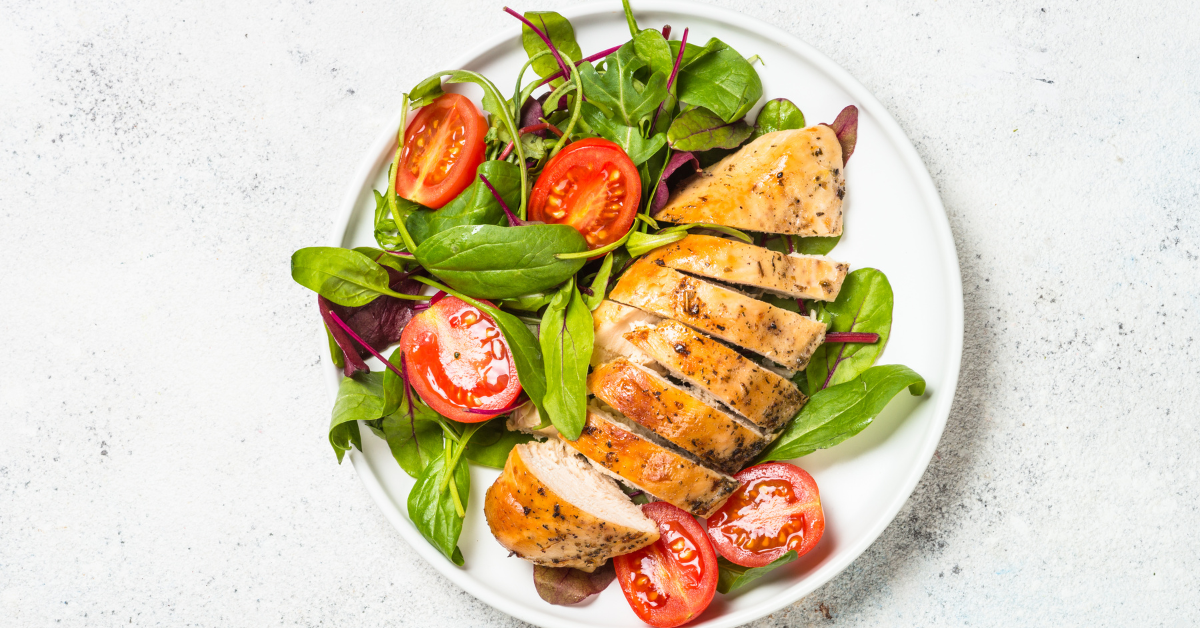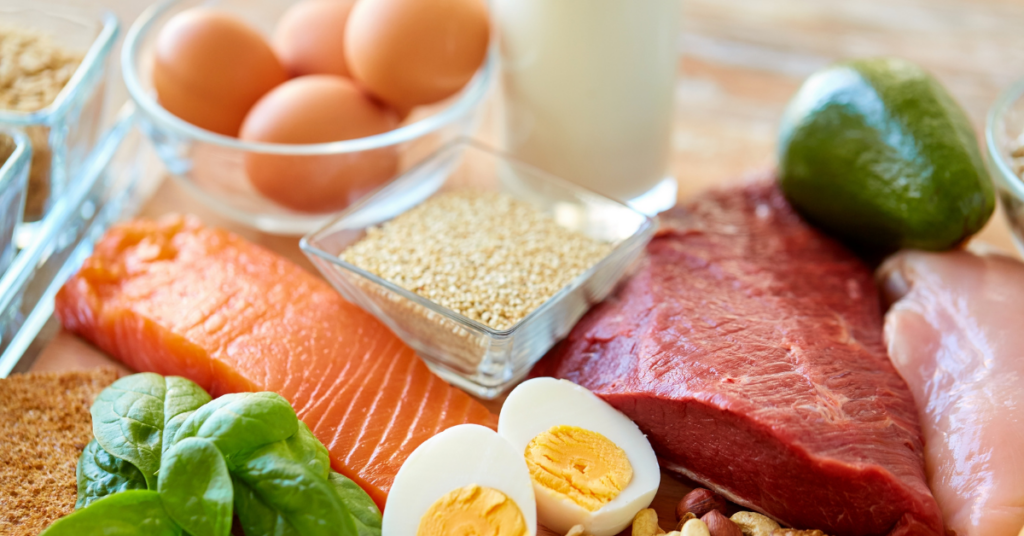Many Stronger U members who are starting or restarting their health or fat loss journey will, at some point, wonder: “How long is it going to take my body to adjust?” This is an excellent question but like most topics in nutrition, the answer will depend on a variety of individualized factors.
The Science Behind What Happens to Your Body During a Calorie Deficit
There isn’t much in the research that can pinpoint a definite timeline for when your body will adjust to a calorie deficit, but most people get through the period of increased hunger within two weeks. Many people believe that our stomach shrinks when we give it less food, but this is actually a myth.
When we eat and drink, our stomach fills and stretches like a balloon to accommodate food and fluids. Stomachs have been shown to expand up to 5 times their original size depending on how large our meal is. After eating, the stomach slowly shrinks back to normal. Research has found that when we focus on eating less calories, our stomach doesn’t shrink per se, but it does stop stretching as much at meals. This is important because when our stomach stretches to its limit (or where you feel comfortably full), it impacts our hunger hormones and signals to the brain that we are satisfied and can stop eating. So over time, the stomach does adjust to less food and we’ll find ourselves not able to eat as much as we used to without feeling very uncomfortable. Our body adjusting to less food is in part related to our hunger hormones, ghrelin and leptin. Ghrelin is the hormone that signals hunger and it increases any time we give our body less calories than it needs to maintain its weight. At the same time, leptin, which is our fullness hormone, starts to decrease.
How Having a Coach Can Help You As Your Body Adjusts to a Calorie Deficit
The key to overcoming the challenges that arise during the initial cut phase and then maintaining your weight once you’ve hit your goal is to have the right guidance and support system in place. In my experience as a coach to hundreds of members, people start adjusting to less food within a few days. While hunger may still ebb and flow for a few more weeks, if you can get past the first few days, the process becomes much easier. After about two weeks, most people no longer have major hunger or issues with the smaller food amount. This could be in part to the reduced stomach elasticity starting to take effect.
There will also always be periods where we have more fun and indulgent food, especially after a holiday or a vacation. For myself, I know the first 24 hours back to “normal” eating is going to be the first hurdle. It’s never fun to get back from a trip and not only have to make your own food again, but keep it healthy. However, after that first day back to my normal eating I usually feel so great physically and mentally that I remember why I follow this way of eating 90% of the time in the first place.
The Benefits of Fueling Yourself with Nutritious Foods
One area of focus that can make the transition back into structured eating easier is ensuring I have plenty of high volume foods, or foods that will fill my stomach for a relatively small amount of calories. Examples of this include lean protein at each meal, non-starchy veggies at lunch and dinner, low calorie beverages like seltzer water, or hot or iced tea, and snacks like popcorn or fruit.
After that first day I’m feeling really good, but by day four there’s another hurdle. I’ve been eating healthy, working out, and while I feel great, I’m getting a little bored and a lot more tempted by treats. Because I have observed this over and over again for myself, I now make sure I mix in a healthy, but more fun meal for this day! That might be homemade pizza or burgers, or a creamy chickpea pasta dish. I also make sure I keep treats that are individually portioned on hand to help during this time period. My favorites are dark chocolate Lindor truffles, dark chocolate Ghirardelli squares, or Yasso bars. It’s important to find treats that you enjoy, but can stick to a normal portion, of which may require some experimentation.
Once I get through this next hurdle on day four, I am usually back into my normal swing of things and good to go until the next holiday or event. It is so normal to need an adjustment period whether you are decreasing calories for the first time, or the 20th time! We encourage all members not to view this as a shortcoming or failure but simply a necessary part of the journey. The benefit of working with a coach is that we can help you experiment and find what works best for you.
If you’re interested in getting personalized guidance, support and accountability to kick off or restart your wellness journey, schedule a free membership consultation to hear more about how a Stronger U Coach can be a great fit for you. Plus, you can get matched with a coach during your call!
RESOURCES:
https://www.ncbi.nlm.nih.gov/books/NBK279994/
https://health.clevelandclinic.org/does-my-stomach-actually-shrink-when-i-lose-weight
https://www.healthline.com/nutrition/ghrelin#TOC_TITLE_HDR_3








